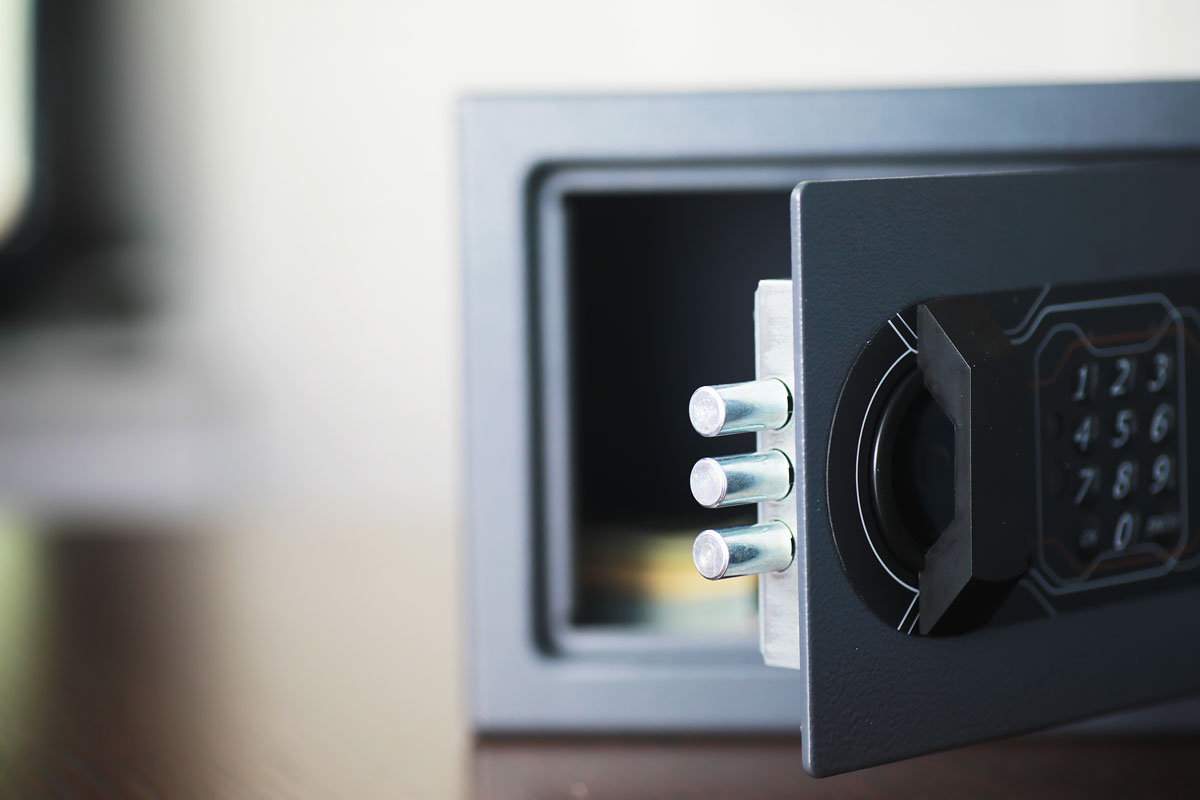In today’s digital world, many people engage with tax documents through electronic communications like bank statements, accounting software, and more. Utilizing digital platforms can mean extra security for your financial records and an easy-to-access paper trail for those who are technologically savvy. However, many essential tax documents like W2’s are still paper copies sent by mail and some people like to keep important tax returns and documents in paper form for added security. Whether you are utilizing paper, digital, or a combination of both, there are still necessary precautions to take to safeguard your tax documents in the event of an emergency or theft.
There are potential vulnerabilities with both paper and digital copies of important financial information. The obvious downsides of paper copies include their easy accessibility and vulnerability to disasters like fires and weather events. Hurricanes, tornadoes, flooding and more can affect both homes and office buildings where records are kept. For this reason, it’s always recommended to utilize fireproof and waterproof boxes or safes to store your paper copies of financial records. Consider keeping a second copy in a different location for even more peace of mind but make sure it’s a secure location that thieves cannot access.
Digital filing also has vulnerabilities as well – namely that in the event of a fire or major weather event, your computer can also be destroyed. Power outages and server crashes can also impact your ability to access your financial information when you need it. It’s imperative to back up your digital files, either to a USB drive or a cloud-based storage system. Sending important documents to yourself via your email address can also help you access them later as long as your email is secure and safe.
Identity theft has become an increasingly common issue over the last few decades and is unfortunately possible with both digital and paper financial documents. A little-known fact is that identity theft is most frequently perpetrated by people close to you so security is extremely important for safeguarding your identity. With digital filing, make sure both the software and computer you are using is always secure and utilize hard-to-guess passwords, extra security measures like anti-virus softwares and safe Wi-Fi connections. For paper records, having a lockable storage structure to house them can make a major difference in accessibility for those looking to steal your identity.
A smart rule of thumb would be to utilize a mixture of both paper copies and digital copies of your important financial information in lieu of emergencies. Outside of your own personal storage, it’s important to also consider your tax preparer and research them thoroughly. Make sure they utilize secure and encrypted software and take the appropriate security measures to handle your sensitive financial information. At Clarksilva, we are a technology-first accounting firm that can help you digitize your accounting securely and safely while providing guidance on which financial records to keep and store if you are unsure. Feel free to contact a team member today!

Stay In Touch